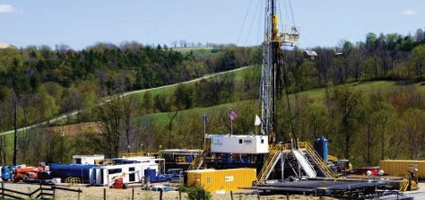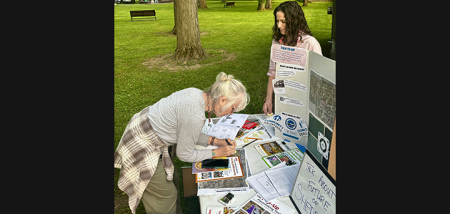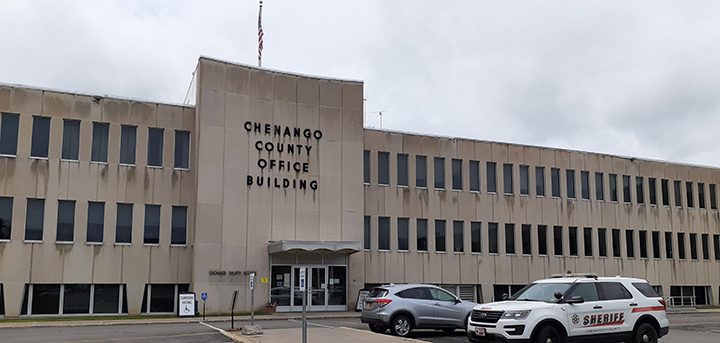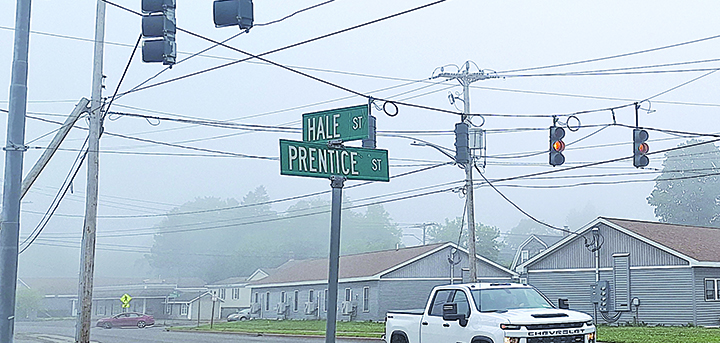NY Taking Comment On Revised Gas Drilling Rules; Workshop In Oxford Saturday
Published:
January 4th, 2013

ALBANY (AP) – New York regulators will begin taking public comments on revised gas-drilling rules this week, though an extensive environmental review outlining the basis for those rules remains incomplete, and neither drillers nor environmentalists are happy lately with the state’s work on the issue.
The agency will take public comment through Jan. 11, and the new deadline to finalize the rules is Feb. 27. Locally, Plymouth Friends of Clean Water sponsors a workshop on writing comments on the proposed state regulations from 2 to 5 pm. Saturday in the reading room at the Oxford Memorial Library in Oxford. Extra laptop computers will be available.
Health and environmental groups have criticized Gov. Andrew Cuomo’s Department of Environmental Conservation for issuing the revised regulations before completing a health review or releasing the final version of a massive environmental impact study initiated in 2008. The state has had a moratorium on shale gas development since the study began.
Meanwhile, an unreleased state report leaked to media outlets yesterday says the DEC’s regulatory plan for gas drillers already describes potential health impacts from fracking along with specific safety measures, and makes a separate health impact study unnecessary.
The document, first reported by the New York Times and Gannett News Service and published online Thursday by New York State public radio, references sections of DEC’s draft environmental review that deal with health impacts from shale gas drilling and high-volume hydraulic fracturing, or fracking. The report concludes that adverse health impacts will be prevented if DEC’s guidelines are followed.
A DEC spokeswoman said the report is an outdated draft.
“The document is not a health assessment, is nearly a year old, and does not reflect final DEC policy,” spokeswoman Emily DeSantis said in a statement.
The eight-page document references sections of DEC’s 1,500-page environmental impact study of shale gas development. A final version of that study, which is expected to be released in February, will include revisions based on public comment and a health impact review now under way by the state Health Department and three outside experts, DEC has said.
Materials being reviewed by the outside experts haven’t been made public and environmental groups have criticized Gov. Andrew Cuomo’s administration for conducting the health review in secret. The Cuomo administration has repeatedly delayed the release of health-related documents requested by The Associated Press and Environmental Advocates under the Freedom of Information Law.
“We don’t have any idea what the administration is doing,” said Katherine Nadeau of Environmental Advocates. “They’re just saying to the people of the state, ‘Just trust us.’ It makes a mockery of good government.”
Industry groups said the leaked document confirms that fracking can be done safely, and expressed confidence in the state’s health review process.
“We respect the process the governor has established, and trust that in the end the interest of the people will come before fear mongering and politics,” said Karen Moreau, executive director of the New York State Petroleum Council.
Gas industry representatives say the revised regulations are stricter than those proposed in September 2011 and ignore numerous industry requests for changes to provisions they consider arbitrary and inflexible.
The technology has made it possible to tap into deep reserves of gas but has also raised concerns about pollution. The industry and federal officials say the practice is safe when done properly but some scientists say more research is needed on potential air and water impacts.
Changes to New York’s proposed regulations include increasing the distance from well sites to occupied homes or buildings to 500 feet, said Tom West, an Albany lawyer who represents major gas-drilling companies. Originally it was 100 to 150 feet. As before, a landowner can grant the driller a waiver to the 500-foot setback, but the new rules require the driller to also get approval from DEC, West said. That would be a complicated process that may require hearings.
The 500-foot distance between well sites and water supplies was expanded to include water for crops and livestock as well as human drinking water.
“There are significant changes to require public disclosure of chemicals used,” West said. “Essentially, they’ve made an effort to bring New York into conformity with the growing trend in other states to require chemical disclosure.”
The new regulations also introduced the possibility of imposing fees to recoup the cost of the state’s environmental review, said Yvonne Hennessey, another gas industry lawyer. “It’s unclear from the text what their intentions are; it’s very vague,” she said.
A cap on bonding, set at $2 million in the 2011 version of the regulations, has been removed, leaving the amount of bonding required of drillers up to the discretion of DEC, Hennessey said.
There are new requirements to allow the public 15 days to comment on permit applications and to give advance notice of permit applications to municipalities, which were previously notified only when a drilling permit was issued.
New requirements say residential water well testing must be done before there’s any site disturbance rather than just before drilling, and results must be reported to the state rather than just the landowner. If subsequent testing after drilling shows changes from that initial testing, it must be reported to DEC within five days. There’s also some provision for groundwater monitoring, but it’s not clearly spelled out, Hennessey said.
It’s unclear whether well testing and other water monitoring results will be accessible to the public, she said. One of the criticisms health and environmental groups make of industry is that it’s impossible to track the safety record of drillers because any contamination reports are settled privately between the company and landowner.
Comments







